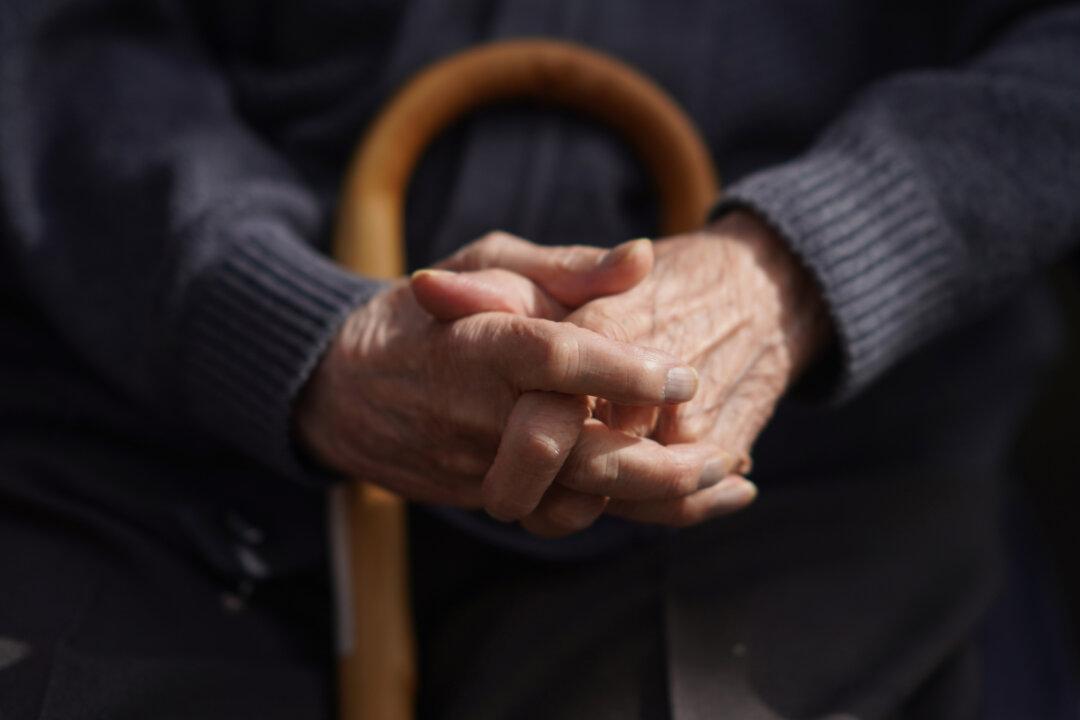The number of families taking care of disabled and elderly relatives surged by millions following the COVID-19 pandemic, potentially masking the impact of lockdowns and vaccination policies on caregiving responsibilities.
Decades of underfunding and lack of investment in residential and nursing care, combined with the post-pandemic staffing and a vaccine mandate have led to a chronic lack of capacity within the sector.





